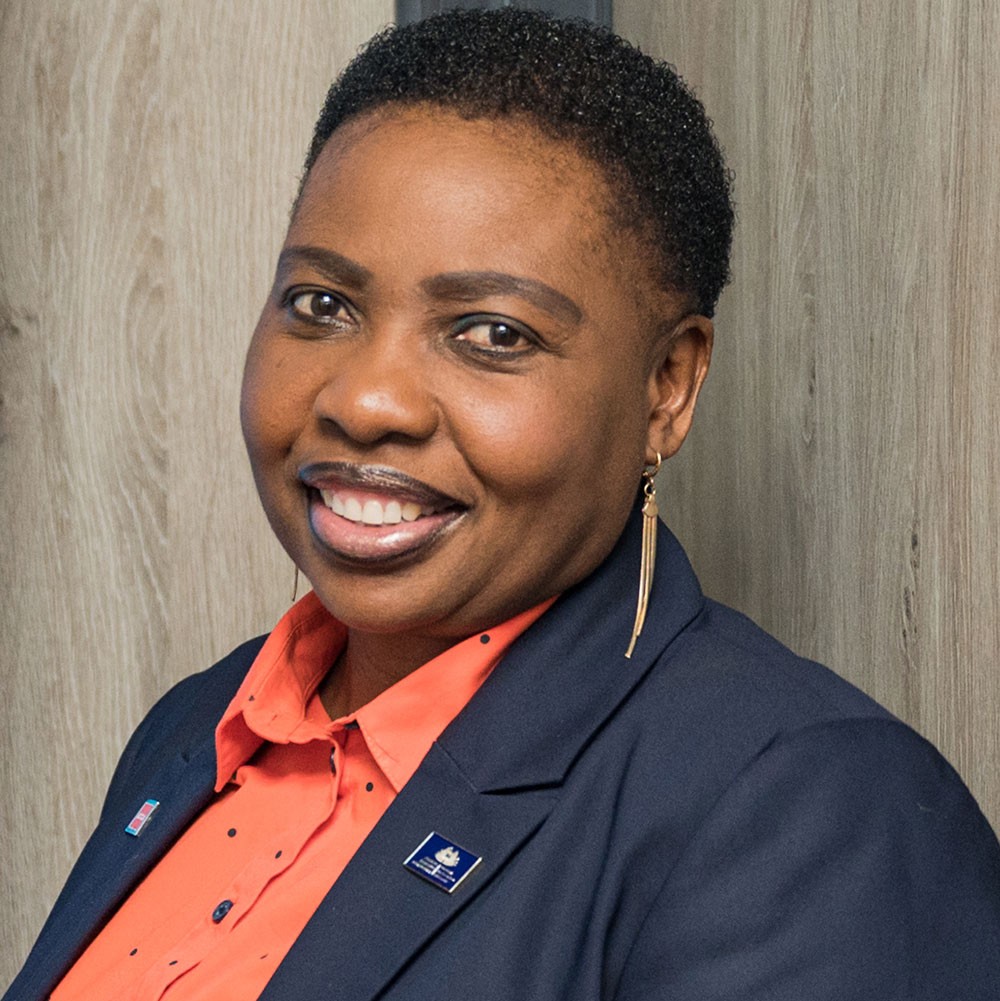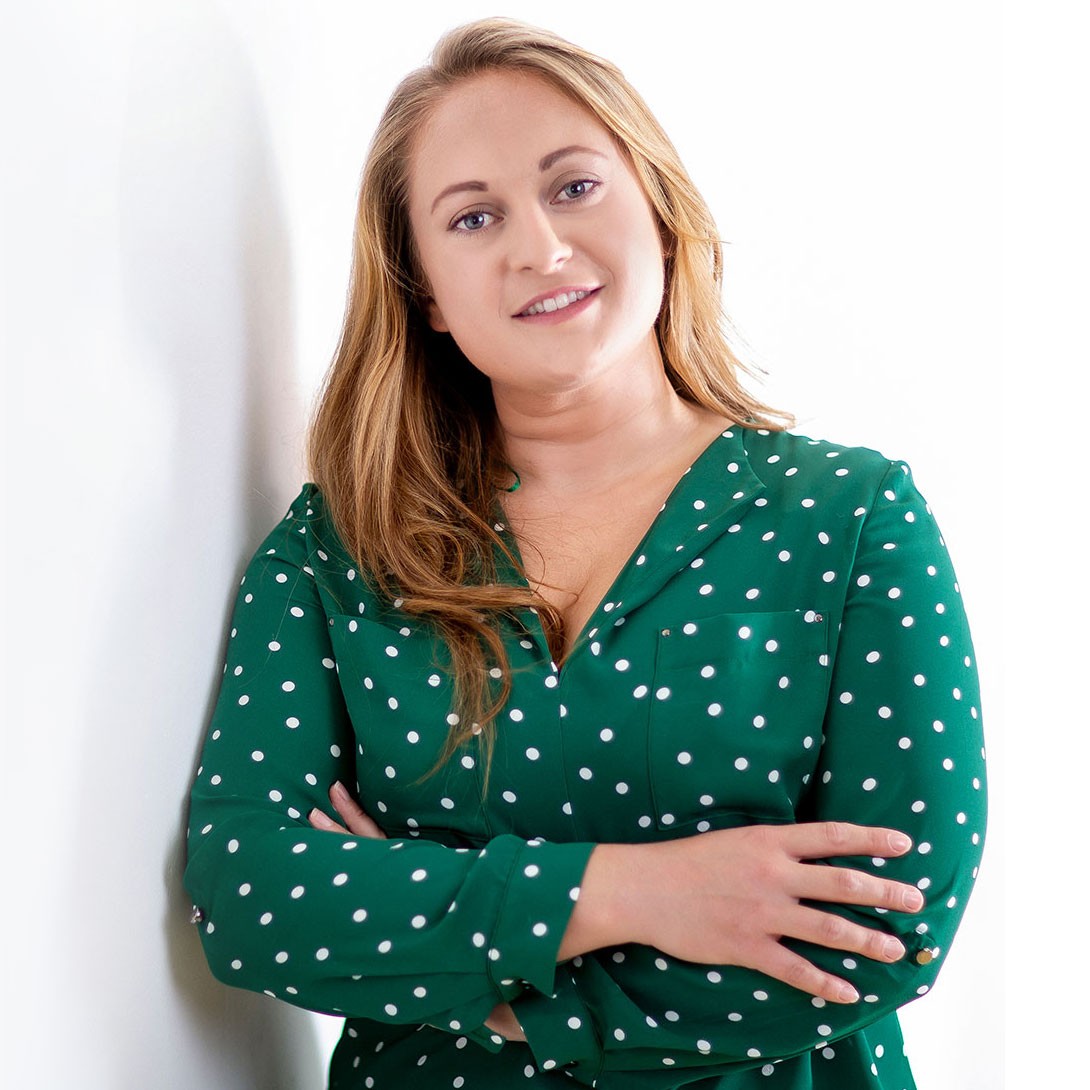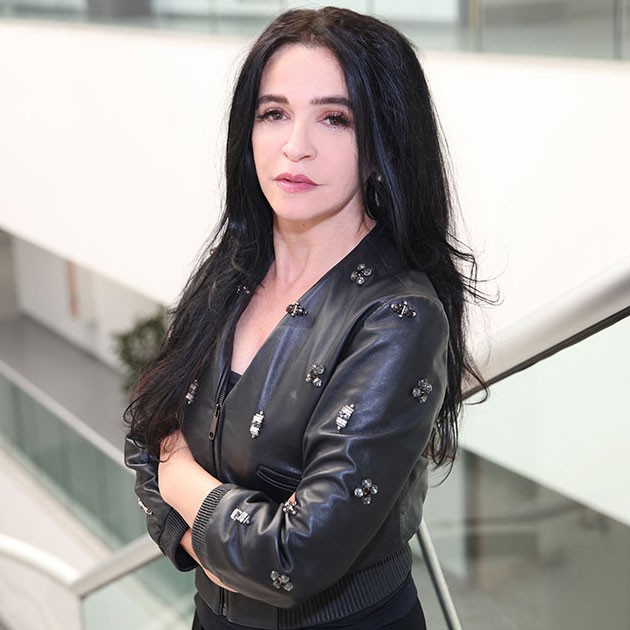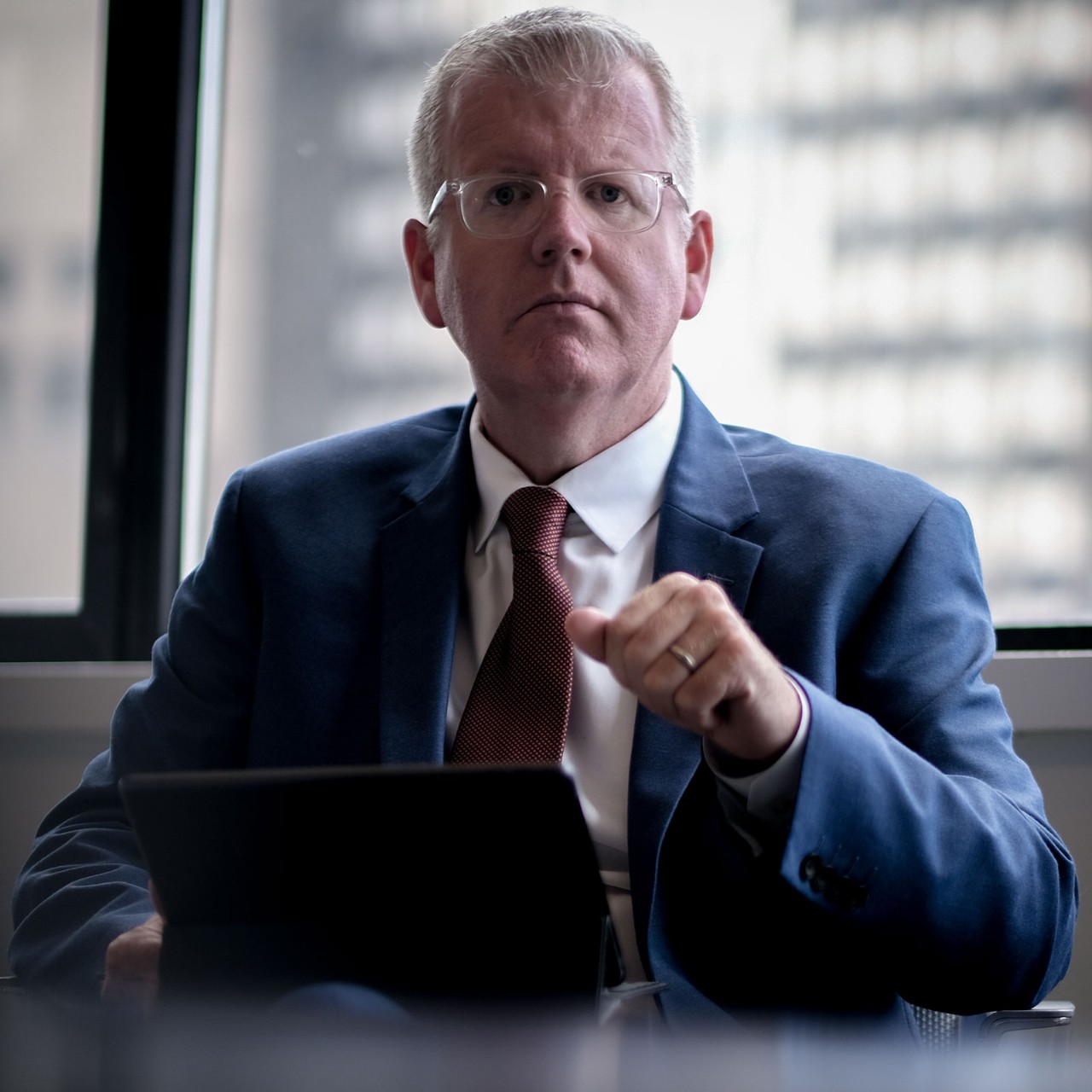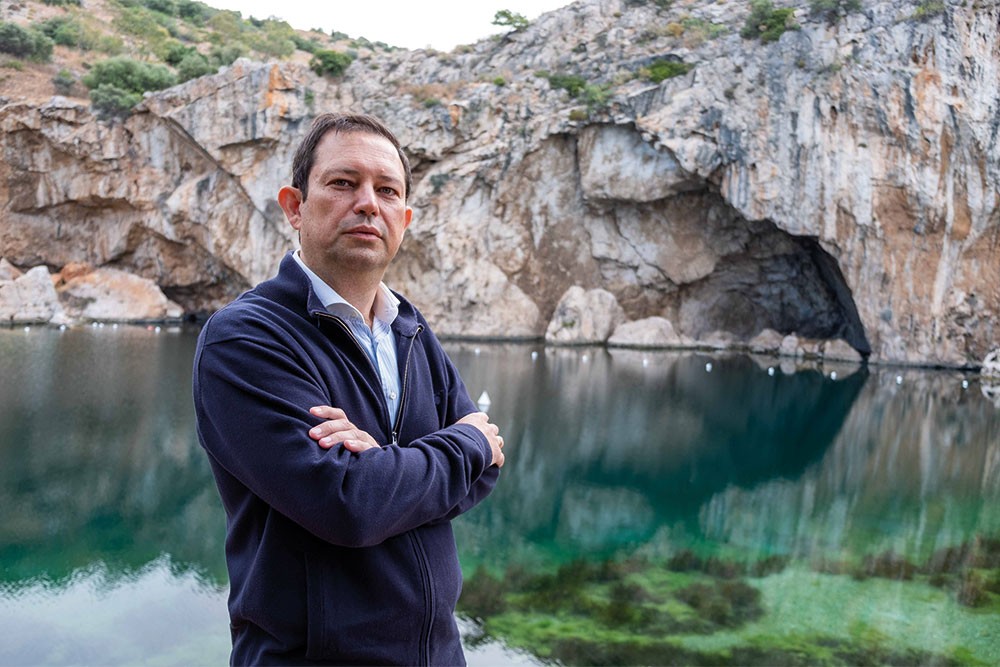
The dissolution of the Soviet Union in 1991 effectively marked the start of Evgeny Buben’s career in finance – a career that has spanned continents and industries. Born in Belarus, he is now settled in Greece, as CFO of SAM Shipping, which operates a fleet of 10 dry bulk carriers shipping goods such as coal, iron ore, soybeans and wheat around the world.
Buben’s story exemplifies the link between success and self-development. Throughout his career, he has taken calculated risks, gained international experience, looked to acquire new skills and knowledge, and deliberately sought to challenge himself.
‘I liked the idea of gaining international experience and thought it would be fascinating to work for Russia’s largest company’
CV
2016
CFO, SAM Shipping, Greece
2009
CFO, Gazprom Oil and Gas, Nigeria
2008
Group financial controller, RC Construction, Moscow
2003
FD, Kuban Airlines, Krasnodar, then Nicko Travel, Moscow
2001
Planning and budgeting manager, Lukoil Overseas Holding, Moscow
1999
FD, Zarya Confectionery, Kazan, Russia
1997
Financial analyst/deputy FD, RJ Reynolds Tobacco, Yelets, Russia
1996
Planning analyst, Pepsi International Bottlers, Moscow
He has also applied the principles of his hobby – chess – to his professional life. ‘Chess is about thinking logically and creating different scenarios for the future,’ he explains. ‘You are trying to predict how your counterparty will act and what will be happening several moves ahead.’
Olympiad victor
Back in 1991, Buben – a maths and physics whizz who had taken first prize at various science Olympiads – was studying for a master’s degree in applied economics at the Moscow Institute of Physics and Technology.
Realising that the dissolution of the Soviet Union would present new opportunities, he enrolled for evening classes at the newly formed American Institute of Business and Economics in Moscow. While continuing to study for his master’s during the day, he covered accounting, business and economics in the evening – which sparked his interest in a career in accounting and finance.
After graduating with his master’s in 1993, Buben did a brief stint as an audit assistant with Arthur Andersen in Moscow. While there, he was accepted for a master’s course in economics and finance at the University of Illinois.
Free-market transition
He benefited from a fellowship programme for graduates from former Soviet countries to study in the US, designed to assist in the transition of the ex-Soviet bloc countries from centrally planned to market economies.
The experience proved transformative for Buben: ‘It’s not only the classes you take and the knowledge and skills you gain, it’s the exposure you get to different cultures and people,’ he says. ‘You meet professors and students from all over the world.’
On his return to Russia, Buben embarked in earnest on a finance career. While in the US he had decided he wanted to work in commerce rather than audit as it seemed a ‘broader and more interesting’ sector.
In the 1990s a number of Western companies were moving into Russia. Interested in how they applied financial policies and procedures, Buben took a job as a planning analyst with Pepsi International Bottlers. A joint venture between PepsiCo and an investment company, Pepsi International Bottlers produced Pepsi for sale to the Russian market east of Moscow.
A year later, he broadened his knowledge of international business when he moved to the Russian operation of US-based tobacco company RJ Reynolds.
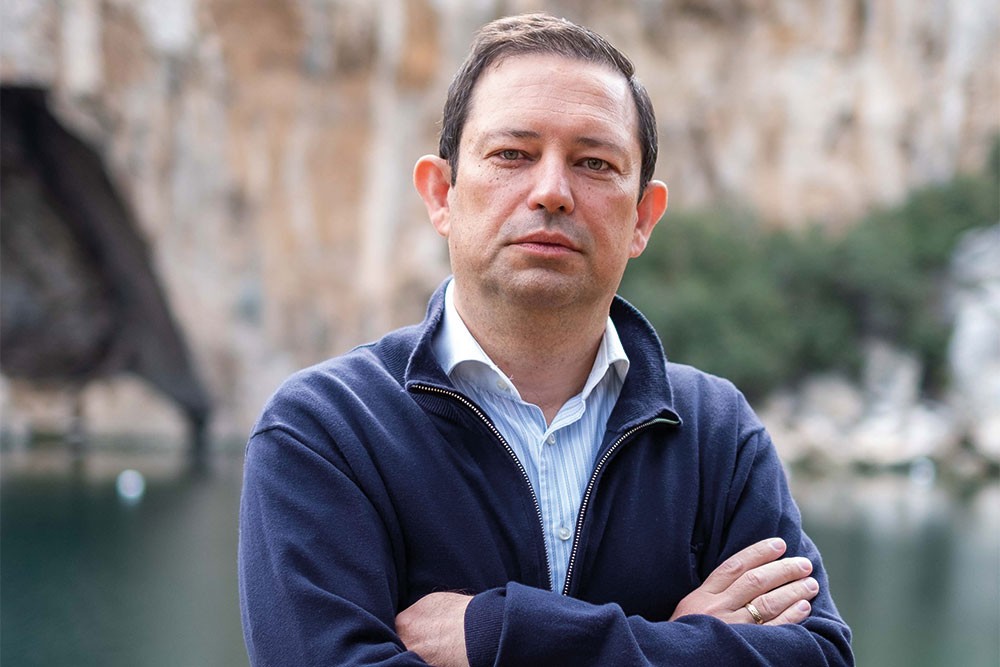
Basics
2009
Shipping Asset Management (SAM) launched, based in Switzerland, to provide ship trading, operations and management to related and third-party ship-owners
US$50m
Turnover in 2019
300
Employees
19
Legal entities within the group
10
Vessels in the SAM fleet
Skills drive
It was at that point he began studying for the ACCA Qualification. ‘I realised I needed more specific accounting skills,’ he says. ‘ACCA was a good opportunity to get some knowledge of both accounting and accounting standards.’ He passed his exams in 2004 and gained membership of ACCA in 2006.
While the ACCA Qualification has proved helpful throughout Buben’s career, there have been certain periods when it assumed particular importance. One of these was during the early 2000s when he was a planning and budgeting manager for Lukoil Overseas Holding, a subsidiary of Russian oil giant Lukoil engaged in managing upstream projects in the Middle East, Central Asia, South America and West Africa.
At the time, Lukoil Overseas Holding had set up around 50 different legal entities. Buben was able to create accurate financial statements for the business based on his learning about consolidation techniques with ACCA.
He had arrived at Lukoil from Zarya Confectionery, where he had been FD and had helped to turn around the loss-making business. Technically, the Lukoil position was a less senior role than the one he held at Zarya, but it had other attractions.
‘It was a different scale of company,’ Buben points out, ‘and a pretty interesting industry.’ He particularly liked the fact that in consolidating the reporting for Lukoil Overseas Holding, he got to work with other finance professionals in a number of different countries.
Unique challenges
After Lukoil, Buben took a string of senior positions in the aviation, travel and construction industries. All the roles shared common themes – establishing financial policies and procedures, doing budgeting, and preparing financial reporting.
They also presented some unique challenges. At Nicko Travel, for example, one challenge was to ensure that the business travel company had sufficient financing to support its rapid growth.
At construction company RC Group, he faced a very different kind of challenge, with the business badly affected by the financial crisis that hit in 2008. Buben even studied for an insolvency qualification while he was RC’s group financial controller.
In 2009, he returned to the oil and gas industry as CFO of the newly established Nigerian operations of Russian oil and gas giant Gazprom, which included two joint ventures with local businesses. ‘I liked the idea of gaining international experience and thought it would be fascinating to work for Russia’s largest company,’ he recalls.
Based in Abuja, he was responsible for establishing financial policies and procedures, and organising financial and management reporting. He adapted fairly easily to his new life in West Africa, despite the obvious cultural contrasts with Russia.
‘You could arrange to meet someone at a specific time, on a specific day, and the person would actually come two days later,’ he says. ‘It’s a way of working that you have to get used to.’
Abuja to Athens
After six years in Africa, he swapped Abuja’s tropical heat for the milder climate of Greece, embracing a new industry as CFO of SAM Shipping in the port of Piraeus, just outside Athens.
At the time, the oversupply of shipping services made for difficult market conditions. In February 2016, shipping rates plummeted to historic lows, causing the value of vessels to fall and hindering SAM’s ability to service its bank loans.
Buben’s first priority was to assist the company’s shareholders by restructuring the vital financing that was keeping SAM afloat. During this refinancing, the legal structure of the business changed because the banks wanted to finance specific vessels only.
‘SAM was converted into three mini groups based on bank financing,’ Buben explains. ‘A specific challenge was that the banks were requesting financial and management reporting about their vessels. So it was my responsibility to organise this communication with the banks. Since all this financial information needed to be audited, I was also working closely with the auditors.’
The shipping market recovered between 2017 and 2019, which was good news for SAM. But the outbreak of Covid-19 has inflicted another shock. Shipping rates have plunged again, taking the value of vessels with them.
As a highly leveraged business, SAM has therefore again been wrestling with the challenge of how to repay its bank loans. ‘We are looking at different scenarios and discussing these with the shareholders,’ Buben says.
Tips
- ‘If you are interested in an international finance career, join an international university or at least participate in an exchange programme.’
- ‘Don’t be afraid of change – whether that’s moving to a different country or a different industry.’
- ‘Financial techniques can be applied to any situation. The first step is to study the situation and understand it. Then you can develop a plan for how to deal with it.’
- ‘Get ideas from different people, read books and attend lectures. Then, based on all the information you have acquired, develop your own way.’
